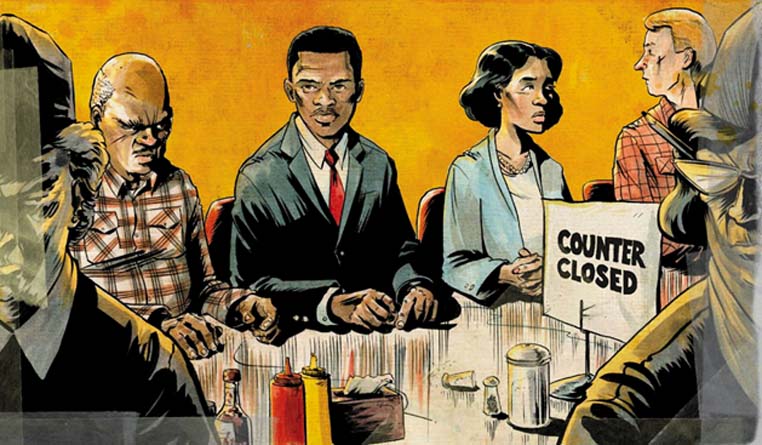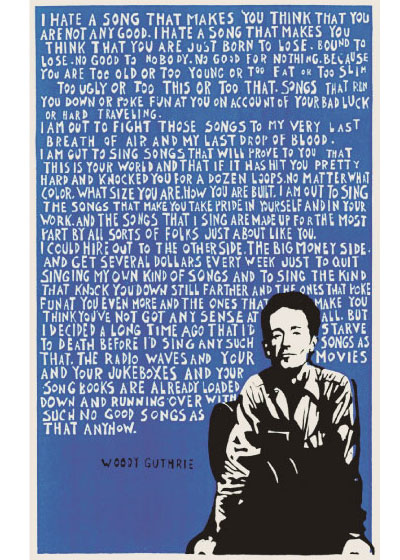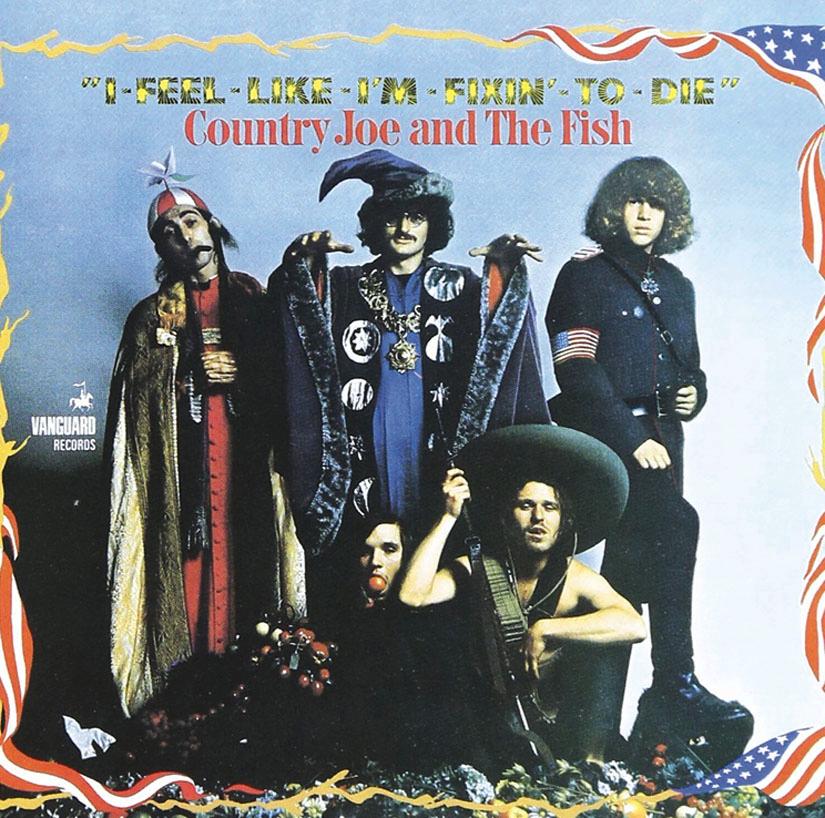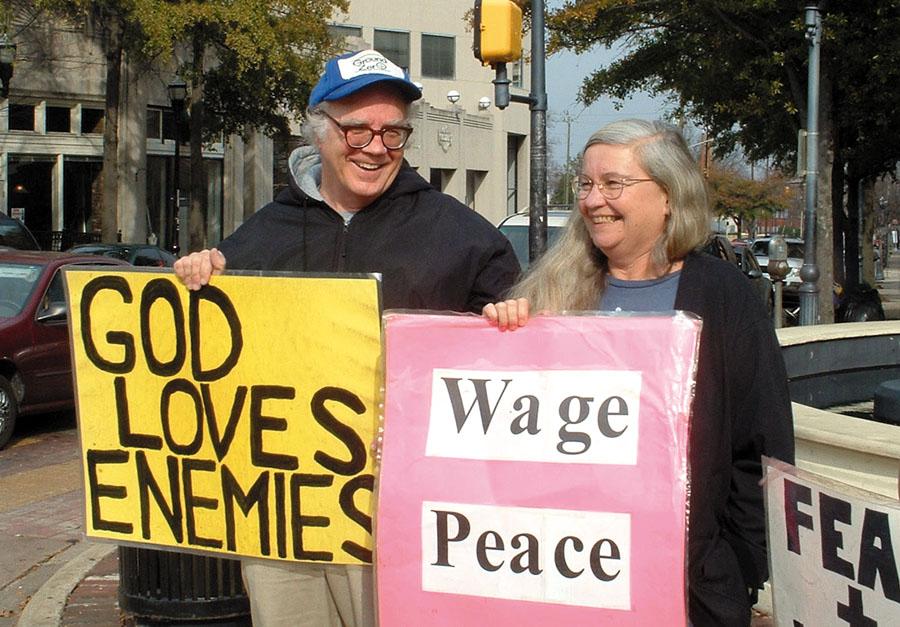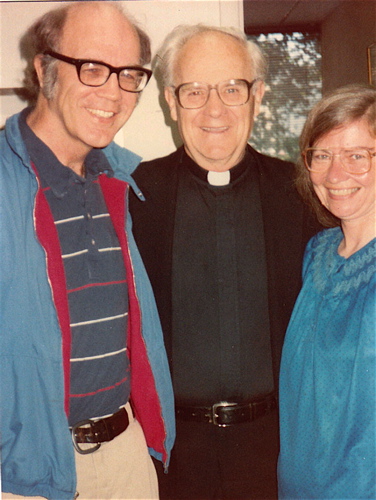by Terry Messman
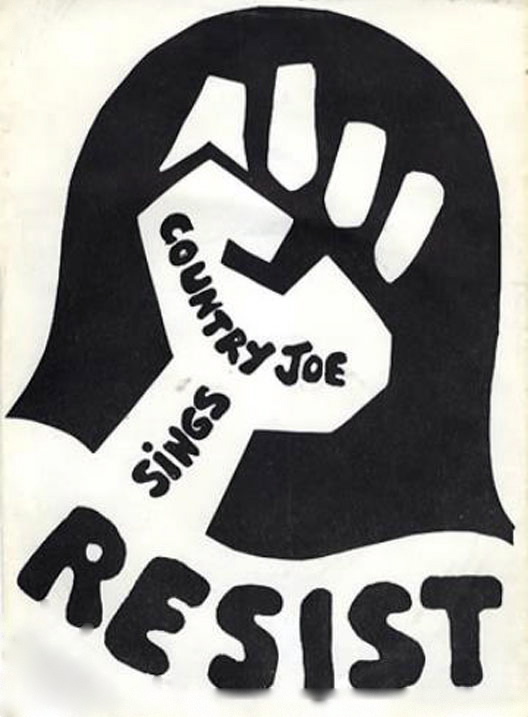
Cover of Country Joe’s album, designed by Jane Fonda, sold for benefit of Free The Army’s anti-war performance troupe; courtesy thestreetspirit.org
Country Joe McDonald has carried on the spirit of the 1960s by singing for peace and justice, speaking against war and environmental damage, and advocating fair treatment for military veterans and homeless people.
The summer of 1967 was a moment when a utopian vision of peace and love seemed to be just over the horizon — or even down the next aisle in a record store. On June 1, 1967, the Beatles released the album Sgt. Pepper’s Lonely Hearts Club Band, It seemed to herald a new day when love would overcome the injustices and cruelty of a world plagued by war, poverty and racial discrimination. “With our love, with our love, we could save the world — if they only knew,” George Harrison sang on “Within You Without You.”
Only two weeks later (June 16-18, 1967) the Monterey International Pop Festival brought together an extraordinary gathering of some of the most creative and innovative musical artists in the world, including Jimi Hendrix, the Who, Janis Joplin, Jefferson Airplane, Otis Redding, Booker T. & the MGs, Ravi Shankar, Canned Heat, the Electric Flag, the Mamas and the Papas, the Byrds, the Animals, and Country Joe and the Fish.
Taken together, those two momentous events — the Beatles’ imaginative and beautiful album, and the epochal gathering of legendary artists at Monterey — seemed to announce the dawning of a rebellious and visionary counterculture. The first rays of sunlight in the darkness of a world at war. It now may seem like a half-remembered fragment of a dream, but those days were filled with the hope that momentous social change might emerge suddenly from almost any protest, and breathtaking moments of beauty could be found in almost any music store or concert hall.
Read the rest of this article »


